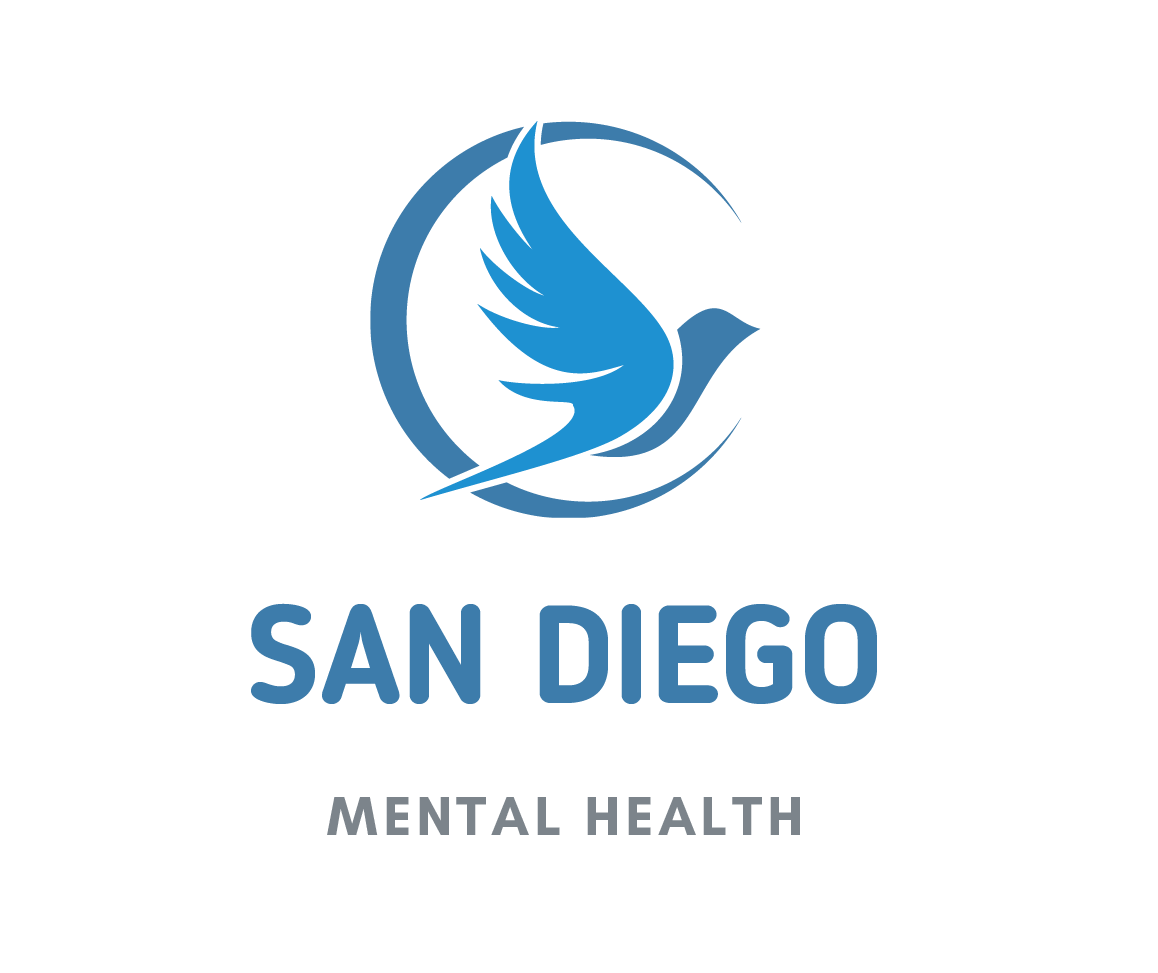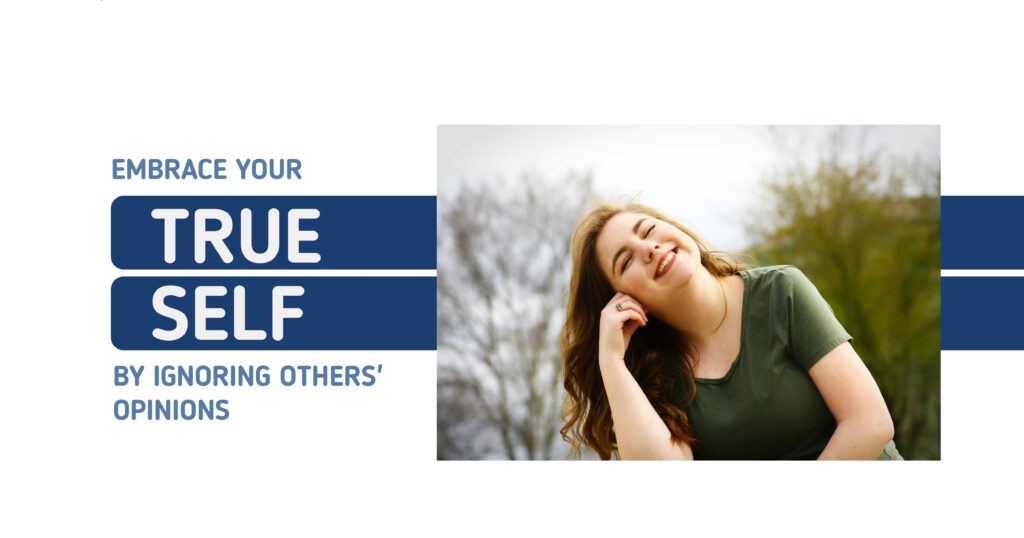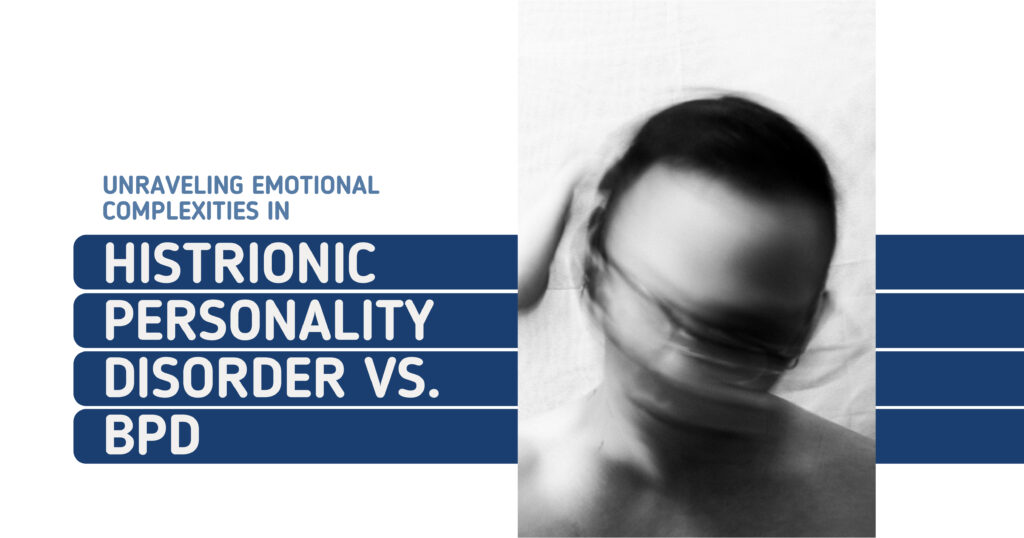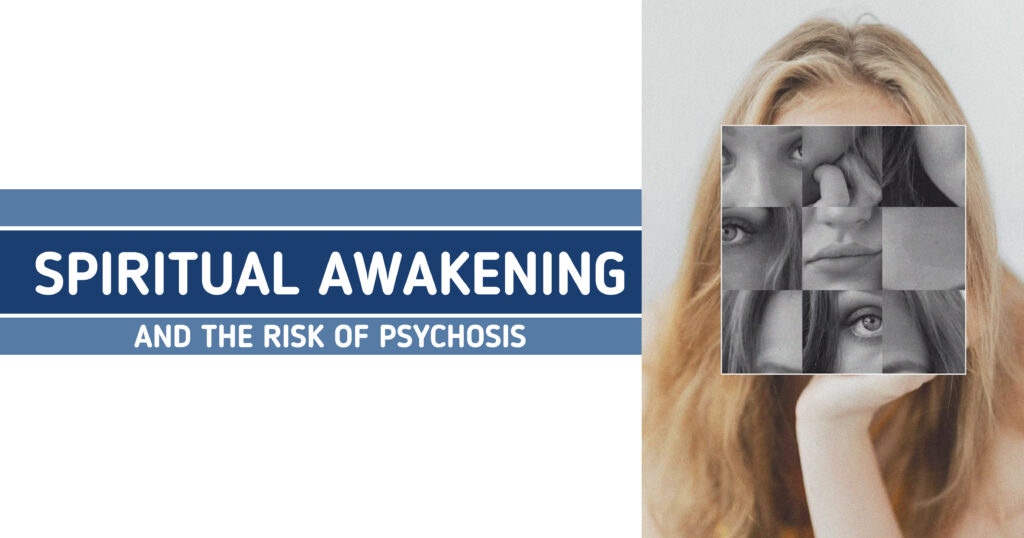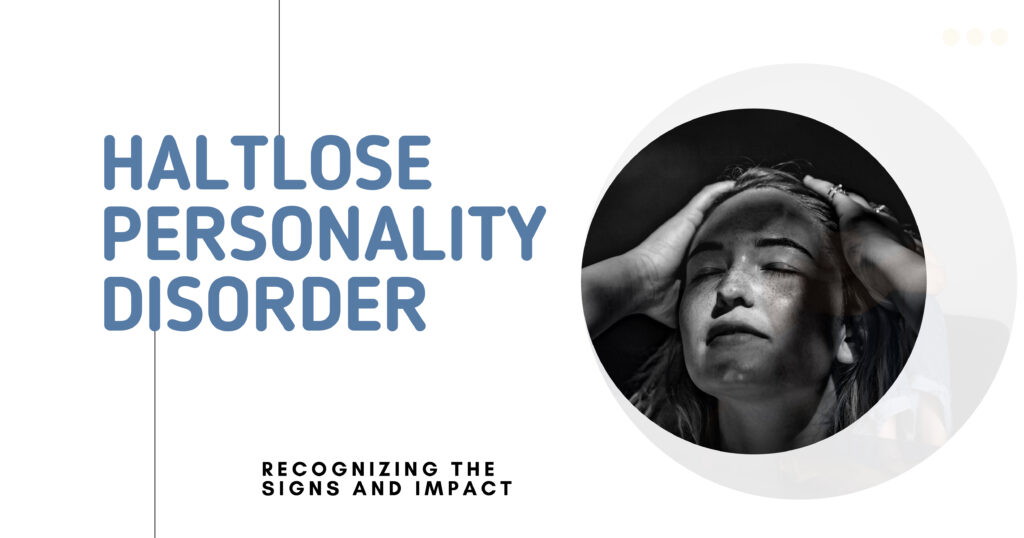In a world where likes, shares, and followers often determine our sense of worth, it’s easy to fall into the trap of caring too much about what others think. Whether it’s fear of judgment, rejection, or simply wanting to fit in, we often silence our true selves to conform to external expectations.
But this constant need for approval comes at a cost your self-confidence, inner peace, and ability to grow as an individual. Learning how not to care what people think isn’t about being defiant or arrogant, it’s about protecting your mental health, fostering self-acceptance, and creating space for authentic personal growth.
Why We Care What Others Think
The desire for social approval is deeply rooted in human psychology. From childhood, we’re conditioned to seek validation from parents, teachers, peers, and eventually, the broader society. Evolutionarily, belonging to a group increased chances of survival. But in modern times, this drive can spiral into people-pleasing and chronic self-doubt.
Our fear of being judged or excluded makes us second-guess our decisions, suppress our opinions, and prioritize others’ happiness over our own. This emotional dependency on external feedback can erode self-esteem, reduce our ability to make confident decisions, and hinder emotional independence.
San Diego Mental Health
The Hidden Costs of External Validation
When we constantly seek validation from others, we hand over control of our self-worth. The need for approval becomes a cycle, one that never truly satisfies. We shape our personalities to fit others’ expectations, avoid conflict even when it means betraying our values, and become paralyzed by the fear of criticism.
According to the National Institute of Mental Health, anxiety disorders affect nearly one-third of adults in the U.S. External validation is a key contributor, especially when individuals feel pressured to meet social or cultural standards.
This cycle stunts personal growth because it discourages risk-taking, self-reflection, and boundary-setting essentials for building a fulfilling, authentic life.
Cultivating Self-Awareness
Recognizing When You’re Seeking Approval
The first step toward emotional independence is identifying when you’re acting out of fear rather than intention. Signs include obsessing over others’ opinions, feeling anxious after sharing your thoughts, or changing your behavior based on what others might think.
If you find yourself altering your actions to avoid criticism, it’s time to pause and ask: Is this truly what I want, or am I just trying to please someone else?
Daily Habits to Strengthen Self-Awareness
Self-awareness doesn’t happen overnight but can be nurtured through daily practice. Try:
- Journaling your thoughts and feelings without censoring yourself.
- Mindfulness meditation helps you observe thoughts without judgment.
- Asking reflective questions like “What does success look like for me?”
- Limiting social media use, as it often fuels comparison and external validation.
Building self-awareness allows you to understand your emotional patterns and gradually shift from reacting to others’ opinions to making empowered, self-aligned choices.
Mindset Shifts to Embrace Your True Self
Not all criticism is harmful. Constructive feedback can support personal growth, but unsolicited opinions based on bias or ignorance should not hold power over you. Learn to filter input. Ask yourself if this aligns with your values. If not, let it go.
The same applies to praise. Relying on compliments for your sense of worth is a slippery slope. Your value should not fluctuate based on someone else’s opinion, good or bad.
The Power of Saying ‘No’ Without Guilt
Saying “no” can feel uncomfortable, especially when you’re used to pleasing others. But setting boundaries is an act of self-respect and clarity. When you decline an invitation, reject a task, or walk away from toxic situations, you’re not being selfish but self-aware.
According to PsychologyToday, saying no protects your time and mental space, which in turn fosters emotional independence and inner peace.

Building Self-Confidence Through Personal Growth
Confidence doesn’t come from being perfect; it comes from embracing imperfections while continuing to evolve. Focus on what you can control: your habits, your mindset, and your goals.
When you step out of your comfort zone, speaking up in meetings, pursuing a passion, or setting healthy boundaries, you prove to yourself that you’re capable. These small acts of courage compound into genuine self-confidence.
Incorporate learning into your daily life. Read, reflect, and challenge yourself. Personal growth is a journey, not a destination, and the more you grow, the less you depend on others to validate your worth.
San Diego Mental Health
Emotional Independence and Letting Go
Letting go of the need for approval is a powerful form of freedom. It doesn’t mean you become cold or dismissive; it means you honor your emotions without outsourcing your happiness. Emotional independence is about meeting your own needs first.
You begin to understand that not everyone will agree with your choices, and that’s okay. When you stop chasing universal acceptance, you understand what truly matters to you. Your decisions become rooted in authenticity, not insecurity.

The Role of Self-Acceptance in Strengthening Self-Esteem
Self-acceptance is the foundation of healthy self-esteem. It means embracing all parts of yourself the strengths, flaws, achievements, and setbacks. You stop trying to “fix” yourself to fit a mold and instead focus on living truthfully.
Research from Verywell Mind shows that self-acceptance improves emotional resilience, reduces stress, and enhances life satisfaction. It allows you to see your worth even when you stumble, and that steady sense of worth reinforces your confidence from the inside out.
Own Your Identity with Confidence
When you embrace who you are, values, quirks, passions, and all you become unshakable. You stop playing small and start living with intention. Your relationships become more meaningful because they’re based on truth, not performance.
Owning your identity also means accepting that not everyone will like you. And that’s not just acceptable, it’s healthy. You’re not here to be liked by everyone. You’re here to live a life aligned with your purpose and peace.
If you’re struggling with low self-esteem, constant people-pleasing, or emotional burnout from chasing others’ approval, know you’re not alone. San Diego Mental Health is here to help you reconnect with your authentic self, build confidence, and create a life rooted in self-respect and clarity. Visit us to speak with a licensed mental health professional today. It’s time to embrace your truth fully and unapologetically.
FAQs
How can embracing self-awareness lead to emotional independence?
Self-awareness helps you understand your values, emotions, and triggers. When you know yourself well, you rely less on others to define your worth or make decisions.
What mindset shifts are essential for achieving self-acceptance and inner peace?
You need to shift from perfectionism to self-compassion, and from external validation to internal clarity. These changes reduce anxiety and foster emotional balance.
How does the impact of others’ opinions affect self-esteem and personal growth?
When you constantly seek approval, you suppress your needs and delay growth. Over time, this leads to low self-esteem and emotional dependency.
What are effective strategies for building self-confidence through personal growth?
Engage in continuous learning, take calculated risks, and celebrate small wins. These build competence and belief in yourself.
San Diego Mental Health
In what ways does self-acceptance play a crucial role in enhancing self-esteem?
When you accept yourself fully, your sense of worth becomes stable and independent of outside feedback. This naturally boosts self-esteem.

